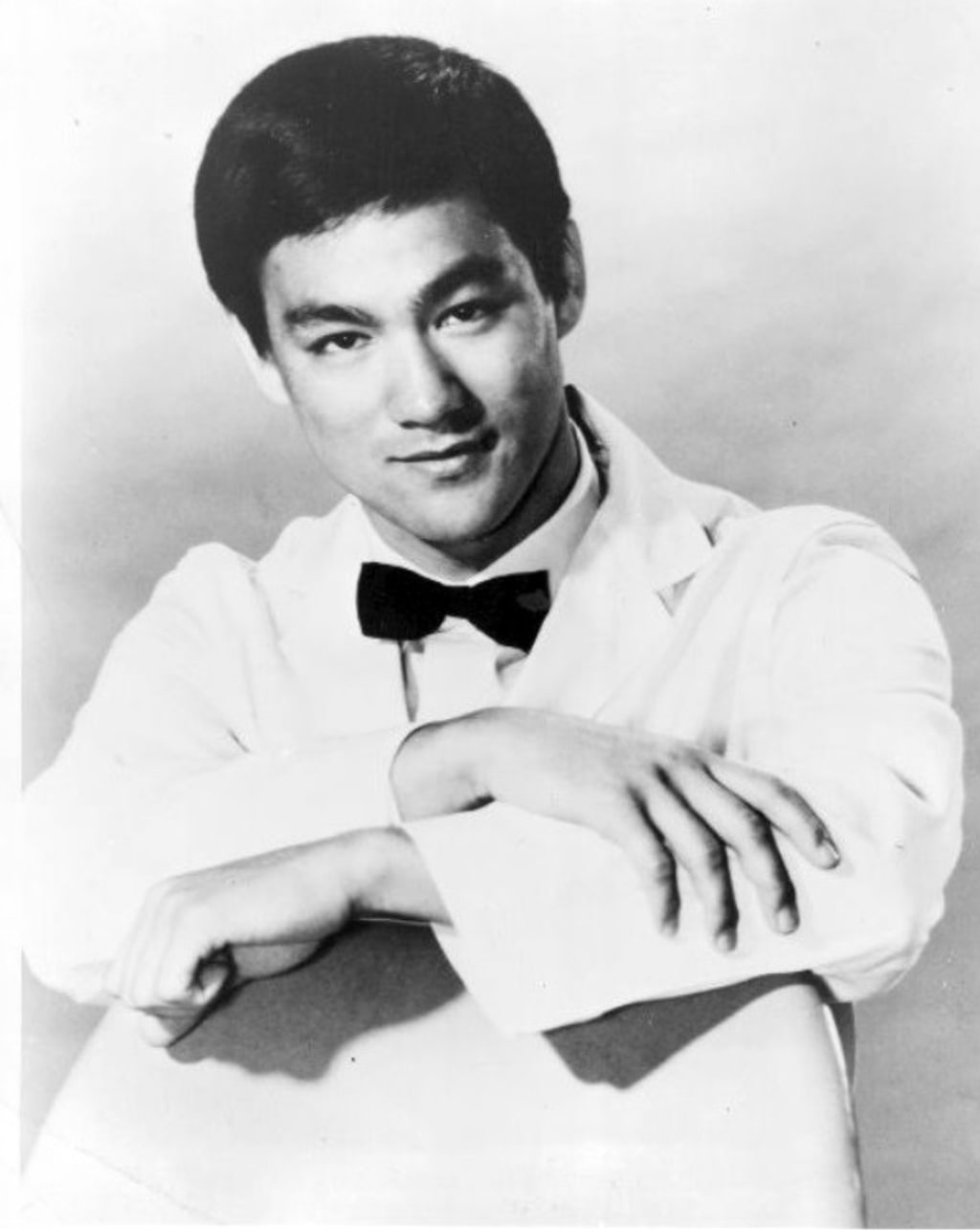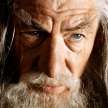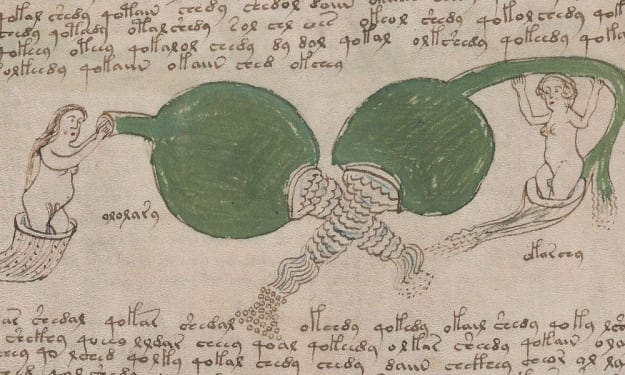Content warning
This story may contain sensitive material or discuss topics that some readers may find distressing. Reader discretion is advised. The views and opinions expressed in this story are those of the author and do not necessarily reflect the official policy or position of Vocal.

Bruce Lee
Born: Nov 27, 1940, in USA.
Died: July 20, 1973.
The renowned martial artist and actor, revolutionized martial arts with his philosophy of Jeet Kune Do. Through his films and teachings, he became an icon of physical prowess, mental discipline, and cultural integration
Bruce Lee, a legendary figure in martial arts and cinema, was born on November 27, 1940, in San Francisco, California, USA. His impact on martial arts, philosophy, and popular culture would be profound, transcending boundaries and leaving an indelible mark on the world.
Bruce's journey began in a unique cultural context. His father, Lee Hoi-chuen, was a Cantonese opera star, and his mother, Grace Ho, hailed from a wealthy and influential Hong Kong family. Raised in Hong Kong, Bruce was exposed to the world of entertainment and performance from a young age. However, life took a turn when, at the age of 13, he began studying martial arts under the legendary Wing Chun master, Yip Man.
Under Yip Man's tutelage, Bruce honed his skills and developed a deep understanding of martial philosophy. This early exposure laid the foundation for what would become his revolutionary approach to martial arts. However, the journey was not without challenges. Bruce faced discrimination in Hong Kong due to his mixed heritage, prompting him to develop resilience and a determination to prove himself.
In pursuit of higher education, Bruce Lee returned to the United States, enrolling at the University of Washington in Seattle. During this period, he faced both cultural and racial prejudice, further fueling his commitment to break down barriers. It was in Seattle that he met Linda Emery, whom he later married and with whom he had two children.
While studying, Bruce began to teach martial arts and started developing his own martial philosophy, which he would later name Jeet Kune Do. His experiences and observations led him to question traditional martial arts styles, advocating for practicality, efficiency, and directness in combat. Jeet Kune Do, meaning "The Way of the Intercepting Fist," became a revolutionary concept that emphasized adaptability and the integration of what is useful from different martial arts.
Bruce Lee's breakthrough in Hollywood came with the television series "The Green Hornet," where he portrayed the iconic role of Kato. However, he felt confined by stereotypes and limited opportunities for Asian actors in the industry. Determined to make a mark on his own terms, Bruce returned to Hong Kong and achieved cinematic stardom with films like "The Big Boss" (1971) and "Fist of Fury" (1972). These films showcased his unparalleled martial arts skills and propelled him to international fame.
"The Way of the Dragon" (1972), written, directed, and starring Bruce Lee, further solidified his status as a global martial arts icon. The film's iconic showdown with Chuck Norris in the Colosseum became legendary, showcasing Bruce's innovative choreography and his ability to seamlessly blend different martial arts styles.
Bruce Lee's most famous work, "Enter the Dragon" (1973), marked his entry into mainstream Hollywood cinema. Tragically, he would not live to witness its success. On July 20, 1973, at the age of 32, Bruce Lee passed away in Hong Kong under mysterious circumstances. His untimely death sent shockwaves throughout the world, leaving fans and the entertainment industry in disbelief.
While his physical presence was no longer among us, Bruce Lee's legacy continued to thrive. "Enter the Dragon" became one of the highest-grossing martial arts films of all time. His teachings on martial arts and philosophy, compiled in works like "Tao of Jeet Kune Do," inspired countless practitioners to go beyond the confines of tradition.
Beyond martial arts, Bruce Lee's influence extended into areas like fitness, philosophy, and cultural integration. His philosophy of self-expression, cultural exchange, and breaking free from limitations resonated far beyond the martial arts community, making him an enduring symbol of empowerment.
In the years following his death, Bruce Lee's daughter, Shannon Lee, worked tirelessly to preserve and promote her father's legacy. She established the Bruce Lee Foundation and continued to share his philosophy with the world.
Bruce Lee's impact on martial arts and popular culture endures. His films are timeless classics, and his teachings continue to inspire generations. As a trailblazer who defied conventions and transcended borders, Bruce Lee remains an eternal symbol of physical prowess, mental discipline, and cultural integration.






Comments
There are no comments for this story
Be the first to respond and start the conversation.